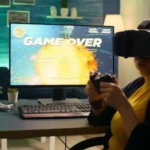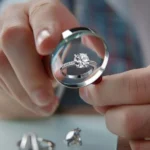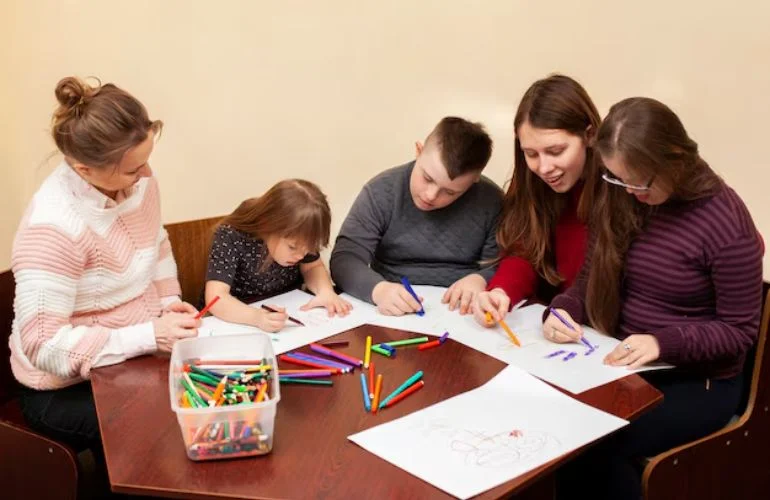When we talk about preschool students in special education, it’s important to focus on their top academic strengths for special education preschool students. Identifying these strengths not only helps in boosting the child’s confidence but also provides a strong foundation for future learning. Let’s explore what these strengths are and how you can help these young learners thrive.
In addition to recognizing preschool students’ academic strengths, it’s also important to consider how their learning plans can be adjusted to better suit their needs. If you’re looking to adapt your approach, you might find valuable insights in resources like the Essential Education Subscription Plan, which offers various tools for personalized learning.
What Are Academic Strengths?
Academic strengths are the abilities or skills that students are naturally good at or find easier to learn. For special education preschool students, these strengths might look different from those of their peers, but they are equally valuable. Some examples of academic strengths include strong visual memory, creativity, problem-solving skills, and the ability to focus on tasks they enjoy.
Recognizing these strengths early on can make a big difference in how a child views learning and themselves. It also allows teachers and parents to tailor educational activities that play to these strengths, ensuring that the child remains engaged and motivated.
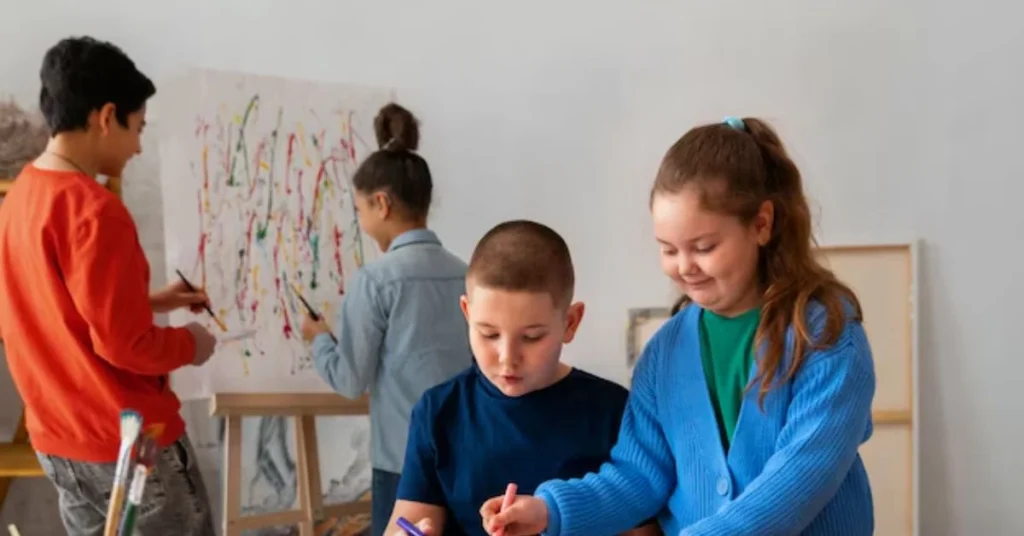
Importance of Recognizing Top Academic Strengths for Special Education Preschool Students
Why is it so crucial to recognize academic strengths in special education preschool students? The answer lies in the fact that focusing on strengths rather than weaknesses creates a positive learning environment. When a child is encouraged to use their strengths, they feel more confident and capable. This positive reinforcement is essential, especially for young learners who might struggle with traditional learning methods.
Moreover, understanding a child’s strengths allows educators and parents to build personalized learning plans. These plans can help the child develop other areas by using their strengths as a foundation. For example, if a child has a strong visual memory, incorporating more visual aids into their learning can help them grasp new concepts more easily.
Key For Top Academic Strengths for Special Education Preschool Students
Now, let’s dive into some of the key academic strengths you might find in special education preschool students:
Visual Learning:
Many special education preschool students are strong visual learners. They may find it easier to understand concepts when they are presented through pictures, videos, or diagrams. Using visual aids in teaching can help these students better grasp the material and stay engaged.
Creativity and Imagination:
Creativity is a powerful academic strength. Special education preschool students often have vivid imaginations and can come up with unique ideas and solutions. Encouraging creative activities, such as drawing, storytelling, or building with blocks, allows them to express themselves and develop their thinking skills.
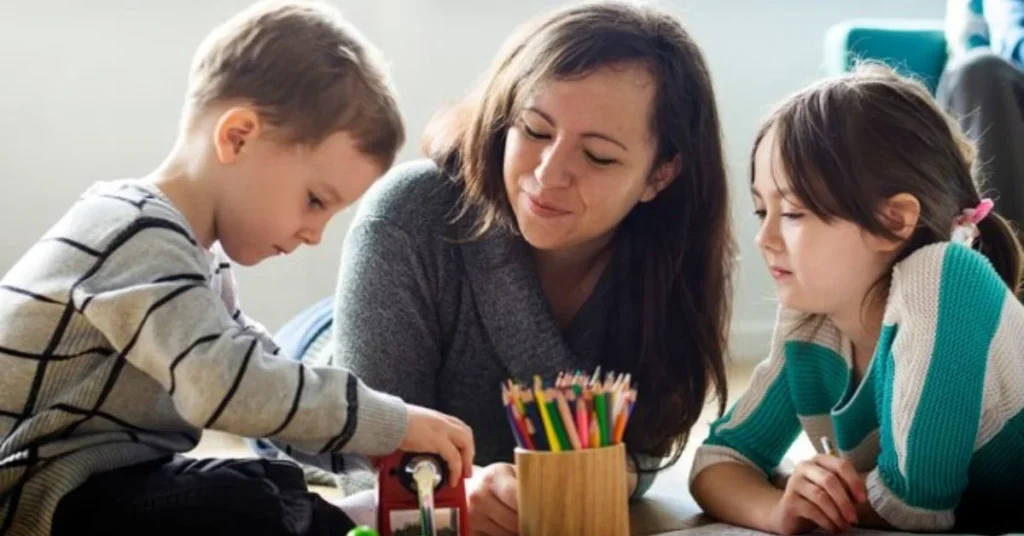
Hands-On Learning:
Some students excel when they can touch and manipulate objects. Hands-on learning, like using building blocks, puzzles, or sensory bins, helps these students understand abstract concepts by making them tangible. This type of learning also helps improve their fine motor skills.
Routine and Structure:
Many special education preschool students thrive in environments that offer clear routines and structure. They feel more secure when they know what to expect, which allows them to focus better on learning tasks. Incorporating a consistent schedule and predictable activities can greatly enhance their academic success.
Empathy and Social Awareness:
While academic strengths often focus on cognitive skills, it’s important to recognize the emotional and social strengths that many special education students possess. Empathy and social awareness are strengths that help children build relationships and work cooperatively with others. These skills are essential for classroom learning and beyond.
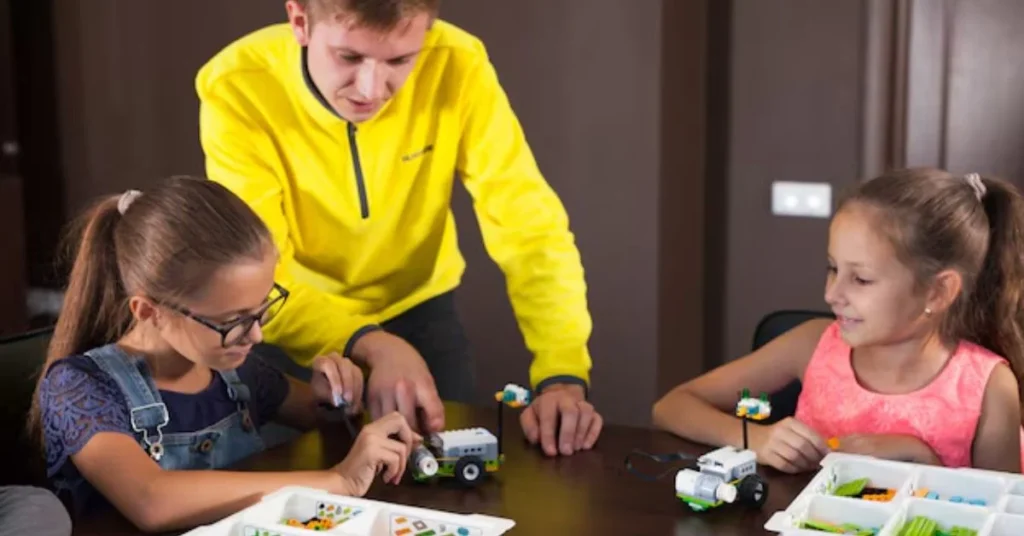
Strategies for Supporting Top Academic Strengths for Special Education Preschool Students
To help special education preschool students grow their academic strengths, consider implementing the following strategies:
- Use Visual Aids: Incorporate more pictures, charts, and videos into lessons to help visual learners grasp concepts.
- Encourage Creativity: Provide opportunities for creative expression through art, music, or storytelling. This not only nurtures creativity but also builds confidence.
- Incorporate Hands-On Activities: Include tactile learning tools like blocks, puzzles, and sensory bins in your teaching methods.
- Establish Routines: Create a consistent daily schedule that includes clear, predictable activities. This helps students feel secure and ready to learn.
- Promote Social Skills: Use group activities to help students develop empathy and social awareness. This not only enhances their emotional intelligence but also contributes to a positive classroom environment.
Conclusion
Recognizing and nurturing the Top Academic Strengths for Special Education Preschool Students is essential for their growth and success. By focusing on what these young learners do well, we can create a supportive and positive educational environment. Whether it’s through visual aids, creative activities, or structured routines, understanding and fostering these strengths will help these children reach their full potential.
For more information on supporting special education students, consider exploring resources like the Council for Exceptional Children. These organizations offer valuable insights and strategies for educators and parents alike.
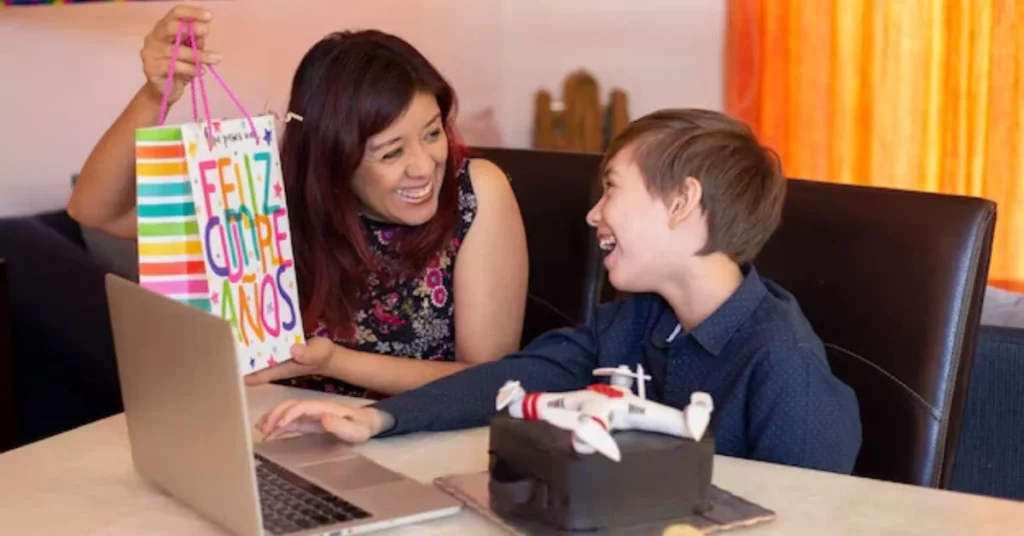
What are some examples of Top Academic Strengths for Special Education Preschool Students?
Examples of academic strengths include strong visual memory, creativity, hands-on learning abilities, a preference for routine, and social skills like empathy.
How can teachers support academic strengths in special education preschool students?
Teachers can support academic strengths by using visual aids, encouraging creative activities, incorporating hands-on learning, establishing routines, and promoting social skills.
Why is it important to focus on academic strengths in special education?
Focusing on academic strengths helps build a child’s confidence, fosters a positive learning environment, and allows for personalized learning plans that cater to the child’s unique abilities.
How does routine benefit special education preschool students?
Routine provides a sense of security for students, allowing them to focus better on learning tasks. It also helps them understand expectations and reduces anxiety.
What role does creativity play in the academic success of special education preschool students?
Creativity allows students to express themselves and think critically. Encouraging creative activities helps develop problem-solving skills and boosts confidence.


